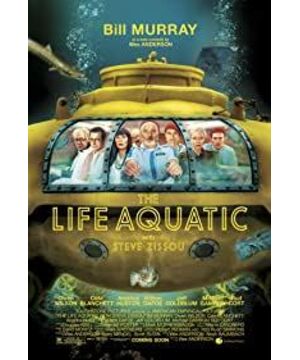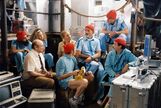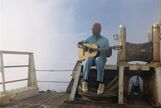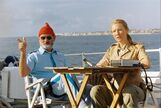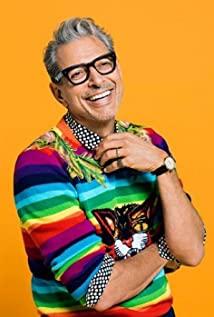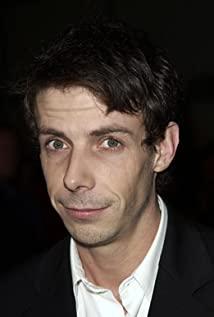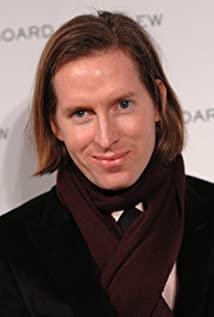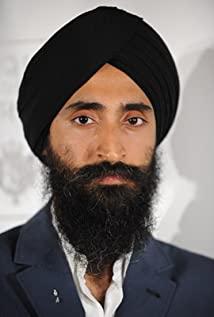There will be open air movie screenings in Germany in the summer. Last time I passed by a seemingly abandoned site when I was riding in Mu Village. I walked in and saw that the tattered walls were covered with graffiti, and Mu Village Tsundere's The style is totally unmatched, but it reminds people of Berlin quickly. There is an open-air movie scene in the inner courtyard, and I always remember to come and experience it.
I checked the film list online and found that this week was actually Wes Anderson Week. Three of his films were released. Only Monday’s "Budapest Hotel" was the original version, and the remaining two were dubbed in German.
Although German has always been complained about life is too short, why learn German, but among the many languages in the world, German should be the closest language to English. I understood 60% of the open-air movie yesterday. I read the English online again today, and I feel that I can understand 90% of it. So this film review doesn't depend on the content, but the language first.
If an English movie is dubbed in Chinese, it is definitely two things that are completely unmatched, because Chinese and English are completely different, and there is nothing to learn from. But because German and English are so close but they are different, I can feel the difference very sensitively after reading it twice.
Overall, of course the English version is better. The intonation of the people in the film is very closely matched with the characters, and the many accents make the film even better, especially the southern accent of the youngest son. These highlights are all lost in the German dubbing.
What's interesting is that after translation, a lot of jokes will shift. The most impressive thing is that the youngest son touched the belly of the female reporter and said that you will be a very good single mother. English doesn’t sound funny, but yesterday’s German version said she was ausgezeichnete alleinerziehende. The cold super fits the overall tone of the film.
Why does the title mention "Porco Rosso", because the core of the two films is the same, and they both tell the story of a mid-life crisis. Under the brilliant colors, "Life in the Water" still involves some emotions.
But because Wes Anderson wanted to be unique and created his own set of language, he deliberately used metaphorical and inexplicable ways in film expression, with brilliant colors and exaggerated plots, which caused his films to be too fragmented. I want to intersperse with comedy effects that make people happy and sad in a movie that was not ready for storytelling. The requirements for the director are too high.
"Life in the Water" not only wants to tell the story of the middle-aged crisis of the old captain, but also the story of the father and the son, the story of the husband and wife, the story that men will never grow up, and women will never be innocent, but these stories are all or Intentional or unintentional metaphors are broken. Even when it comes to the confrontation between the younger son and the father, and even the plot of the younger son's death, Wes Anderson has to use a less serious, slightly exaggerated method to express it.
Out of professional habits, I often associate chefs, directors, and musicians with a certain architect in the architecture industry in their style. The architects that Wes Anderson reminded me of are Herzog and De Meuron. They are equally smart and pay attention to the expression of appearance, but they lose the greater tension that other directors and architects can achieve in their inner emotions.
The last detail is the youngest son’s dream when he was a child. He wanted to be:
A. Oceanographer B. Architect C. Pilot.
These three professions symbolize the three realms of land and air in Shanghai. Architects can represent the entire land, which makes people very proud.
View more about The Life Aquatic with Steve Zissou reviews


